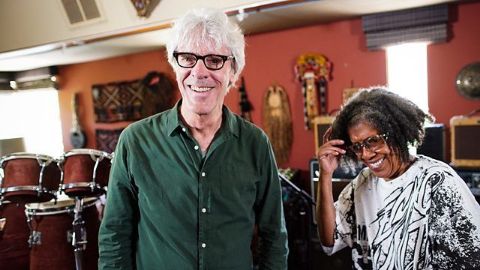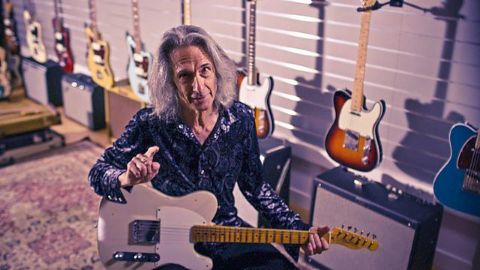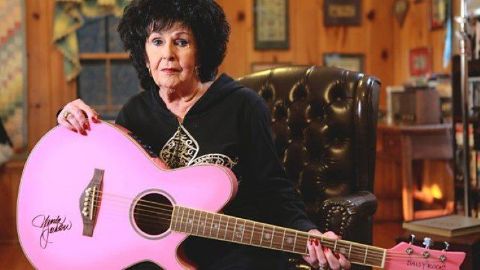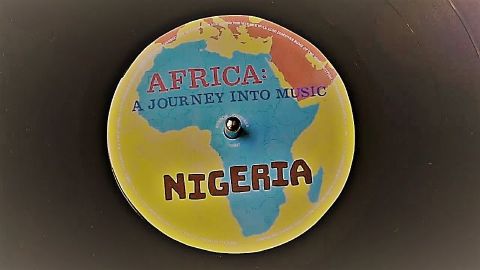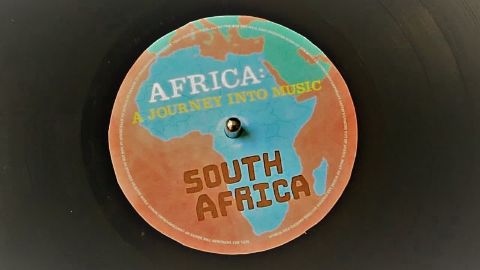On Bass... Tina Weymouth! • 2019 • episode "S1E2" • Guitar, Drum and Bass
Tina Weymouth of Talking Heads and Tom Tom Club celebrates the extraordinary contribution of bass to popular music, tracing its progress from street-corner doo-wop and the overlooked ‘guy at the back’ in rock ‘n’ roll, via Paul McCartney, the anonymous James Jamerson and Carol Kaye - whose genius bass lines underpinned The Beatles, Motown and LA sound respectively - British jazzer Herbie Flowers’s immortal line in Walk on the Wild Side, the emergence of 70s funky bass stars Bootsy Collins and Chic’s Bernard Edwards, the driving lead bass of postpunk maverick Peter Hook in both Joy Division and New Order, through to the growth of bass culture in reggae, whose sound systems sparked whole new genres in drum and bass, grime and beyond. With Bootsy Collins, Dizzee Rascal, Ray Parker Jr, Nile Rodgers, Peter Hook, Carol Kaye, Herbie Flowers, Valerie Simpson, The Marcels’ Fred Jonson, DJ Aphrodite and Gail Ann Dorsey.
Make a donation
Buy a brother a hot coffee? Or a cold beer?
Hope you're finding these documentaries fascinating and eye-opening. It's just me, working hard behind the scenes to bring you this enriching content.
Running and maintaining a website like this takes time and resources. That's why I'm reaching out to you. If you appreciate what I do and would like to support my efforts, would you consider "buying me a coffee"?
Donation addresses
BTC: bc1q8ldskxh4x9qnddhcrgcun8rtvddeldm2a07r2v
ETH: 0x5CCAAA1afc5c5D814129d99277dDb5A979672116
With your donation through , you can show your appreciation and help me keep this project going. Every contribution, no matter how small, makes a significant impact. It goes directly towards covering server costs.
